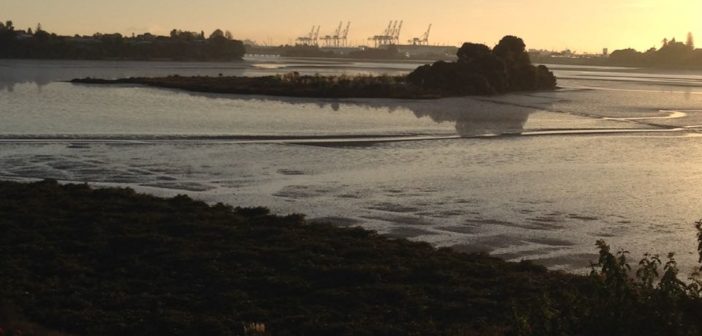It’s really hard here New Zealand, where life is mostly still pre-Covid puddling along, to fully accept the significant social and economic hit the wider world is being subjected to.
Here in the Bay of Plenty we’ve been gliding through the Garden & Art Festival and exhibitions and events are still opening. The handful of new infectious cases from returning New Zealand international Covid escapees seem of no real moment. This morning’s online headlines reflect our priorities “a netball coach of 90 years ago, something about the Black Caps, the orange faced one and ironically an exploitative employer.
But all is not well in our little piece of Antipodean paradise. With one swift slam of the garden gate we wiped out 20% of our national income. It had to be done despite all the convoluted suggestions for selecting, testing and quarantining tourists and creating little symbiotic travel bubbles.
Although we consistently complained about the presence and toileting habits of international tourists, how disruptive they were to our environment and our access to and enjoyment of “our” scenic wonders and natural attractions, the money was nice. Unfortunately none of this season’s potential international visitors has felt inclined to donate their potential holiday of a lifetime spend so, we’re down 20%. The simplest way to comprehend this is if you lost one-fifth of your gross salary.
So what are were left with – the Garden & Art Festival won’t have seen too many visitors from Toowoomba, Szechuan or Manchester this year.
“The biggest industries in New Zealand include the agricultural and horticulture sector, mining, and fishing industries.Agriculture. The agricultural sector is the largest industry in the country.” says something online called “The World Atlas”. It’s online so it must be true. It must be true because it seems to be the same list we were taught in that old, wooden school building of cotton summer frocks and small barefeet.
The harsh reality is that most of the “moneymakers” on that list still require the input of significant physical human effort to get the stuff in the ground and out of the ground. I may not yet be the Broadbean Queen of the district but I’ve lived in and around rural New Zealand long enough to know that most of the stuff we put in our mouths and send overseas in pretty bags and boxes represents the hard slog of many, many people.
This year many of the many have not been on the welcome to New Zealand list – we’ve reserved that right for ourselves. The behaviour of a very few of those we’ve allowed to get back in would however suggest that a fruit picking, van living, behind the bush defecating backpacker may have been a more appropriate candidate for our community funded, hotel quarantine stay.
The abrupt turning off of the tap of internationally migratory agricultural expertise and bands of willing workers from the poorer islands of the Pacific has seen airline pilots training to fly through harvesting and much media discourse of the collective angst of picker deprived growers. The very grumpy courgette grower missing his Thai workers. Mrs South Auckland Strawberry whose comments suggest that Kiwi Christmas Classic – the pavlova may well be lacking that pile of big, red berries.
I didn’t think either of these presentations or industry representatives would encourage me to get a summer job which can be hard, hot and horrible. And, I got the very clear message that we locals are so amazingly useless we aren’t wanted – it’s much easier to direct captive, hard working, biddable, temporary/seasonal workers. But I thought I’d have a look online to see what was being done or said to tempt me or some younger, more manually able local to become an agricultural worker. Not much.
I couldn’t find a facebook page extolling the general virtues of working in the blistering sun, rain and wind of a New Zealand summer. I couldn’t find a webpage with that focus. So I looked at the job sites where I discovered the agricultural and horticultural jobs were all mixed up together and I had to shuffle through what were permanent, skilled and experienced positions to find the occasional general add for unskilled seasonal workers.
The ads were a bit like that cliché “you get more wasps with honey than vinegar”. I wouldn’t be wanting to pick strawberries but after reading the grape harvest ad for Indevin or the vegetable harvest ad for LeaderBrand Gisborne sweet corn I’d be looking out my work clothes. Because of their tenor and presentation these advertisements both acknowledged the challenging nature of the work but valued the participating individuals.
“THE BENEFITS
Though we are looking for short-term staff, our standards are so high that there is some opportunity for high-achieving vintage crew to eventually join our permanent crew – we can’t let great staff go!
In exchange for your hard work and dedication we are offering:
- competitive remuneration package;
- delicious food cooked daily during vintage by our on-site vintage chef;
- initial training & on-the-job experience;
- shuttle transport available to and from work during vintage;
- assistance with accommodation, including recommendations;
- experience with award-winning wine;
- opportunity to get experience that can take you any where in the wine industry (and beyond).”
This year it’s vital we get in as much of the country’s harvest as possible and sell as much as is possible.
In an earlier facebook post on ARTbop I commented that the most publicly apparent focus for this issue has been to berate us and tell us how useless we are as workers. I listed some of the information anyone realistically wanting to attract young people to their business would provide – I don’t think the agricultural and horticultural sector generally have presented their information in a positive, engaging way. And standing on the sidelines of the real world yelling that everything should be like yesterday just isn’t going to fly.
Rosemary Balu. Rosemary Balu is the founding and current Managing Editor of ARTbop. Rosemary has arts and law degrees from the University of Auckland. She has been a working lawyer and has participated in a wide variety of community activities where information gathering, submission writing, community advocacy and education have been involved. Interested in all forms of the arts since childhood Rosemary is focused on further developing and expanding multi-media ARTbop as the magazine for all the creative arts in the Bay of Plenty, New Zealand.
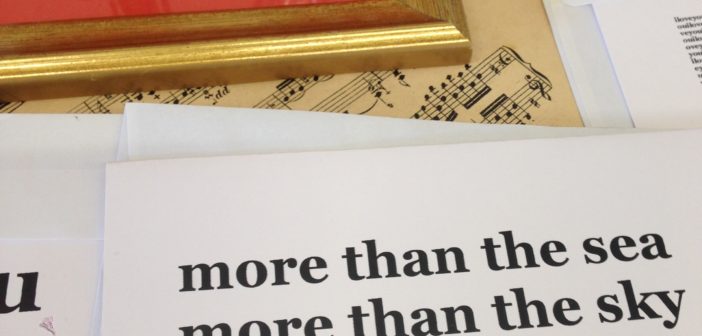
Original cards from The Corner Shop NZ
ARTbop




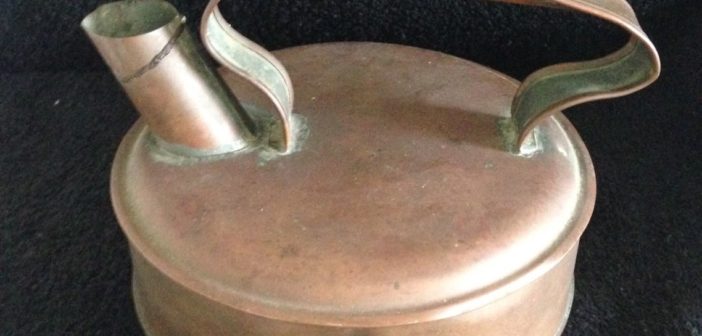 Vintage Copper Kettle
Vintage Copper Kettle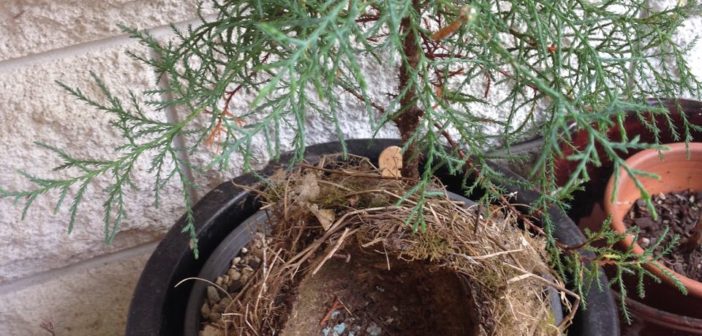 Getting ready for Christmas with our wonderful blue-foliaged conifers
Getting ready for Christmas with our wonderful blue-foliaged conifers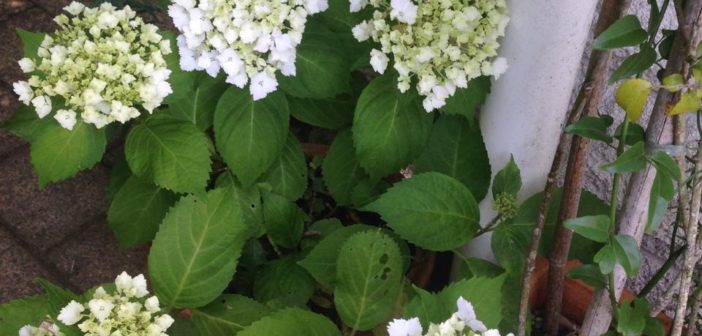 Looking forward to white hydrangeas and rows of fragrant lavenders
Looking forward to white hydrangeas and rows of fragrant lavenders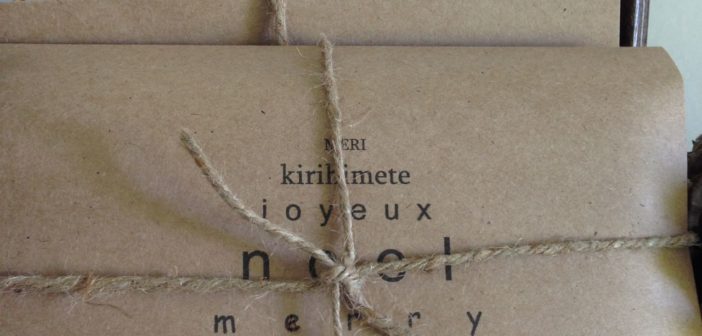 Our original Christmas Card designs
Our original Christmas Card designs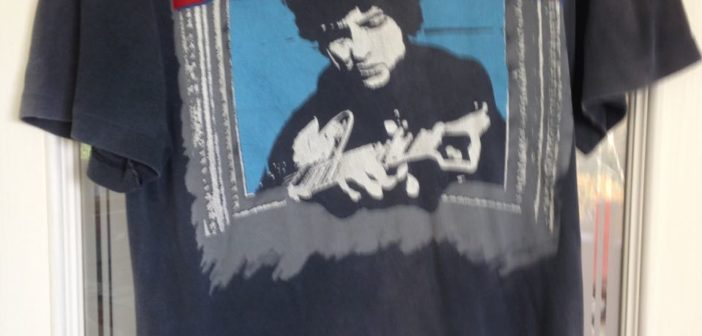 Just one of the many quirky collectables at The Corner Shop NZ
Just one of the many quirky collectables at The Corner Shop NZ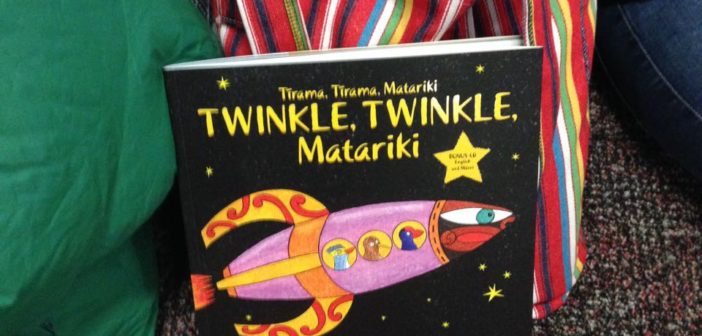 Wonderful New Zealand children’s books for Christmas!
Wonderful New Zealand children’s books for Christmas!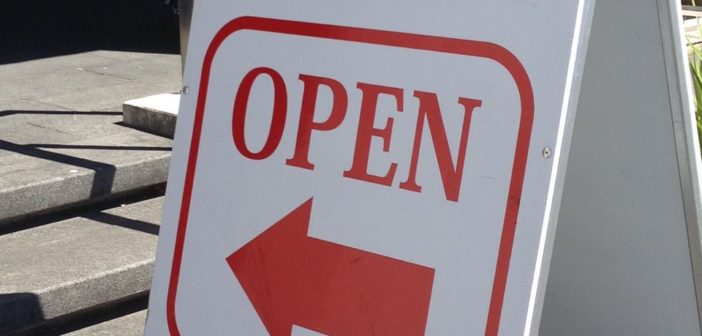
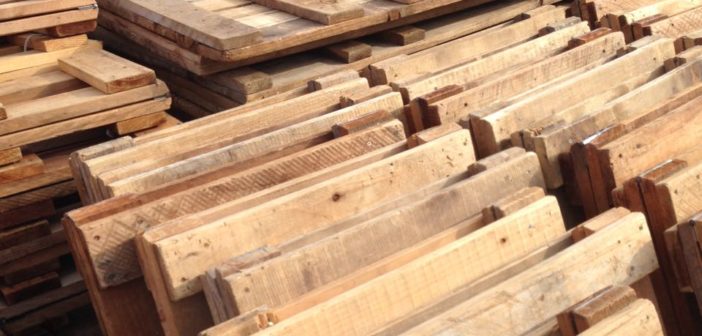 Outdoor markets and fairs for art and artisan products
Outdoor markets and fairs for art and artisan products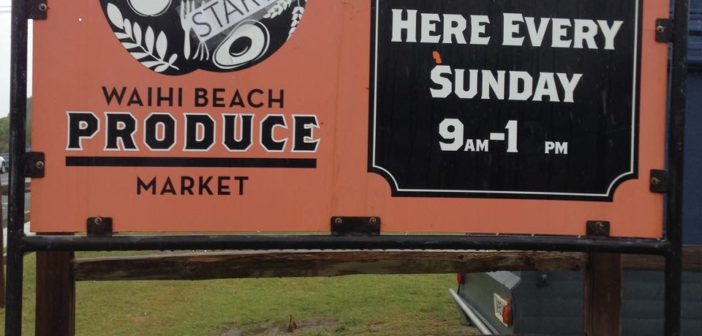 Just one of the many amazing markets, fairs and farmers markets in the Bay of Plenty. Make sure you check out the Farmer’s Market every Sunday morning in the Mount Maunganui main street!
Just one of the many amazing markets, fairs and farmers markets in the Bay of Plenty. Make sure you check out the Farmer’s Market every Sunday morning in the Mount Maunganui main street!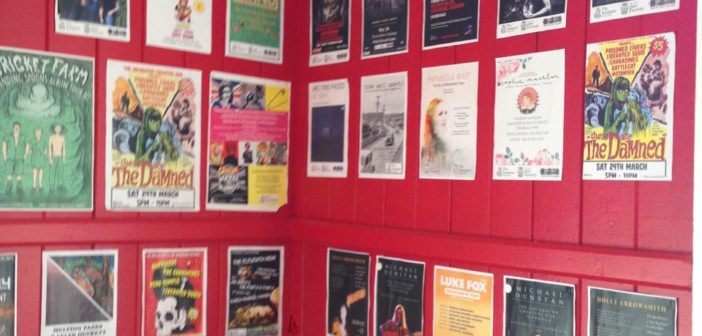 The Jam Factory at The Historic Village
The Jam Factory at The Historic Village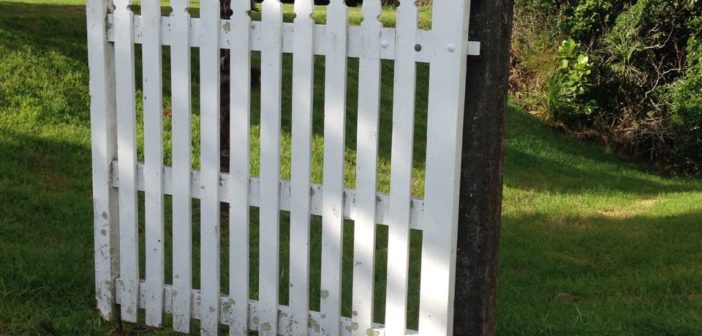 Check out the histtory of Tauranga – it’s everywhere
Check out the histtory of Tauranga – it’s everywhere Walk Mauao and see the political statement art of the internationally known Mr G
Walk Mauao and see the political statement art of the internationally known Mr G Visit Morrinsville and “The Nott”
Visit Morrinsville and “The Nott”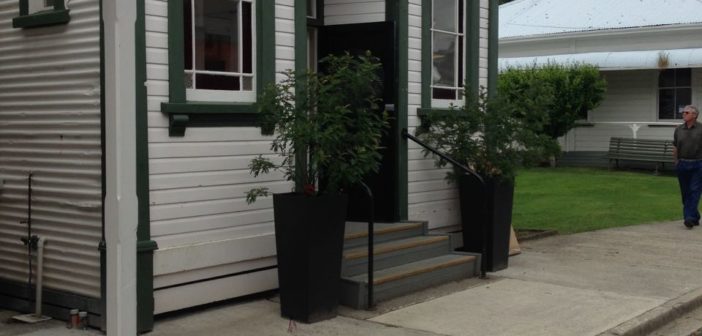 The beautiful The People’s Gallery at the Historic Village. Just one of the gallery and exhibition spaces within the Village complex. Currently showing at The Imprint Gallery – the work of Tauranga artist and creative John Baxter.
The beautiful The People’s Gallery at the Historic Village. Just one of the gallery and exhibition spaces within the Village complex. Currently showing at The Imprint Gallery – the work of Tauranga artist and creative John Baxter.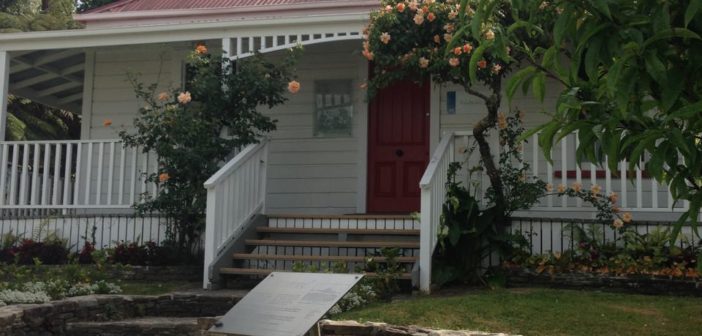 Nga toi Maori in Okorore the historic Faulkner homestead.
Nga toi Maori in Okorore the historic Faulkner homestead.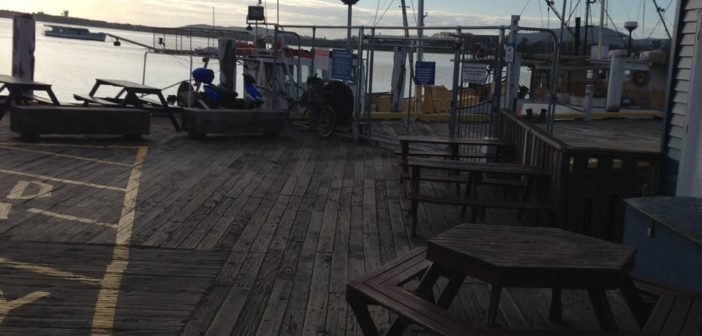 The Tauranga Waterfront
The Tauranga Waterfront The Rialto Tauranga, a boutique cinema complex.
The Rialto Tauranga, a boutique cinema complex.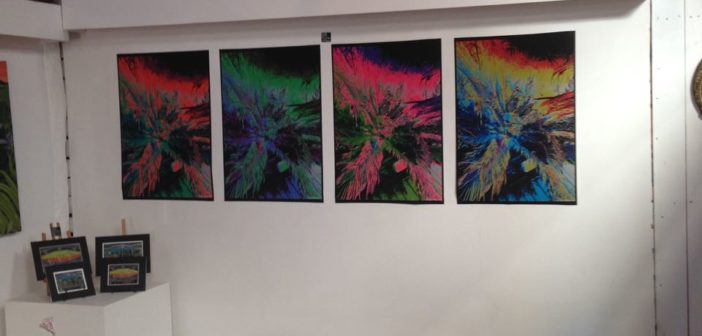 The Incubator Gallery
The Incubator Gallery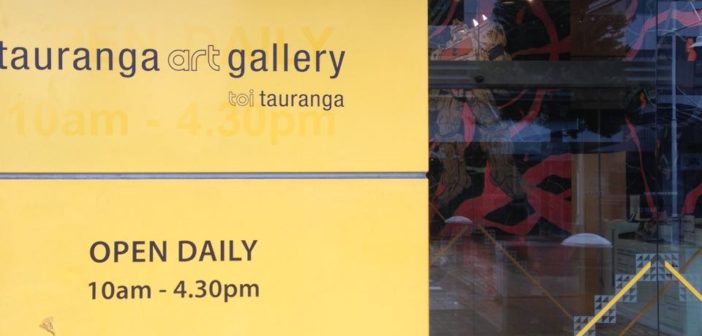
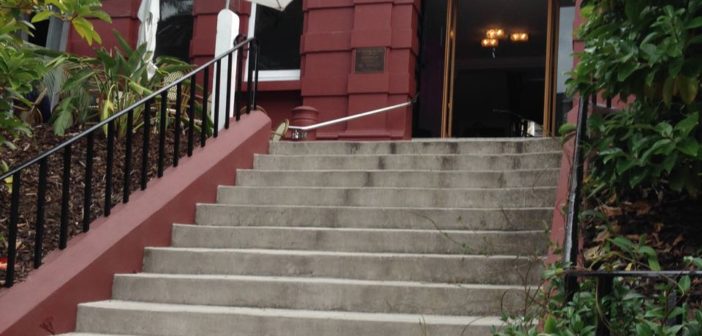 Clarence Boutique Hotel, Bistro and Iki Bar in the Old Post Office, downtown Tauranga.
Clarence Boutique Hotel, Bistro and Iki Bar in the Old Post Office, downtown Tauranga.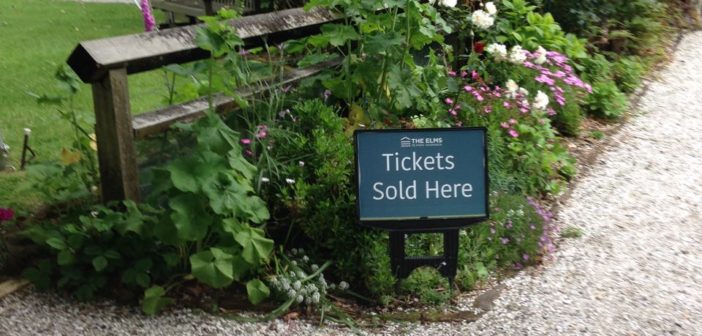 Visit The Elms
Visit The Elms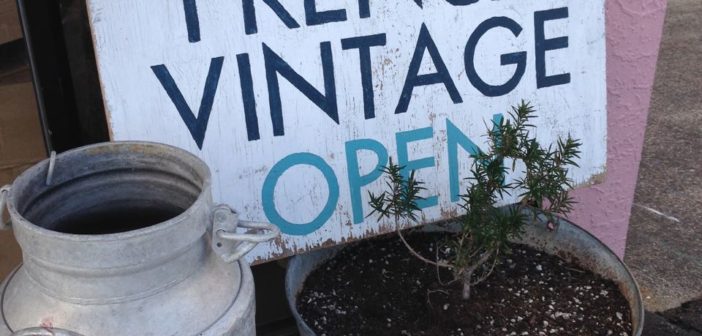 Check out the cluster of shops and cafes at 9th Avenue Tauranga
Check out the cluster of shops and cafes at 9th Avenue Tauranga